Last updated on May 4th, 2023 at 01:41 pm
Unhealthy beverages can significantly undermine your health and a great diet. All in all, the chemically processed drinks we might have daily may wreak havoc on our health and undo parts of a beautiful nutrient-dense diet. So, in this post, let’s chat about what healthy beverages you will find in a real food kitchen.
There are many great healthy beverage alternatives, and adding probiotics, vitamins, and minerals to add an extra nutrient punch is easy.

My favorite real food kitchen healthy beverages
Juice
Unfortunately, most juices on the market aren’t what they appear to be. Unless the juice label says “unpasteurized,” the juice goes through a heating process during production – damaging many of the fruit juice’s nutrients. Additionally, many people don’t realize that it’s legal for companies to add flavor packets to the juice to heighten the flavors. Sadly, these flavor packets contain all sorts of added ingredients like artificial sugar and chemical ingredients like ethyl butyrate and terpene compounds. The labels are deceptive in nature. Therefore, reading the ingredient label on all food products is always important.
If you don’t own a juicer to juice fruits and vegetables yourself, it is always best to look for juice that says unpasteurized on the label. This simply means that the fruits and vegetables went straight into a bottle after juicing.
And yes, homemade juice can fall into the healthy beverages category.
Soda
It doesn’t really matter if it is regular soda or diet soda. Additionally, industrially produced sodas contain artificial sugars and various man-made ingredients. In short, soda has zero nutritional value. When looking at the ingredient breakdown, it is crystal clear. Let’s take a look, shall we?
Phosphoric acid impedes the production of HCl (also known as stomach acid). It may interfere with the body’s ability to use calcium.
Sugar increases insulin levels.
Aspartame has at least 92 different side effects. It eventually changes to methanol, which converts to formaldehyde and formic acid.
Caffeine in excess can cause numerous health problems and is considered a diuretic.
Tap Water is the number one ingredient in soft drinks. It is common knowledge that tap water contains numerous chemicals that wreak havoc on the body.
It is easy to make your own bubbly drinks at home – mix soda water (I love our carbonator) with another liquid such as organic tea, unpasteurized fruit juice, or simple homemade syrup.
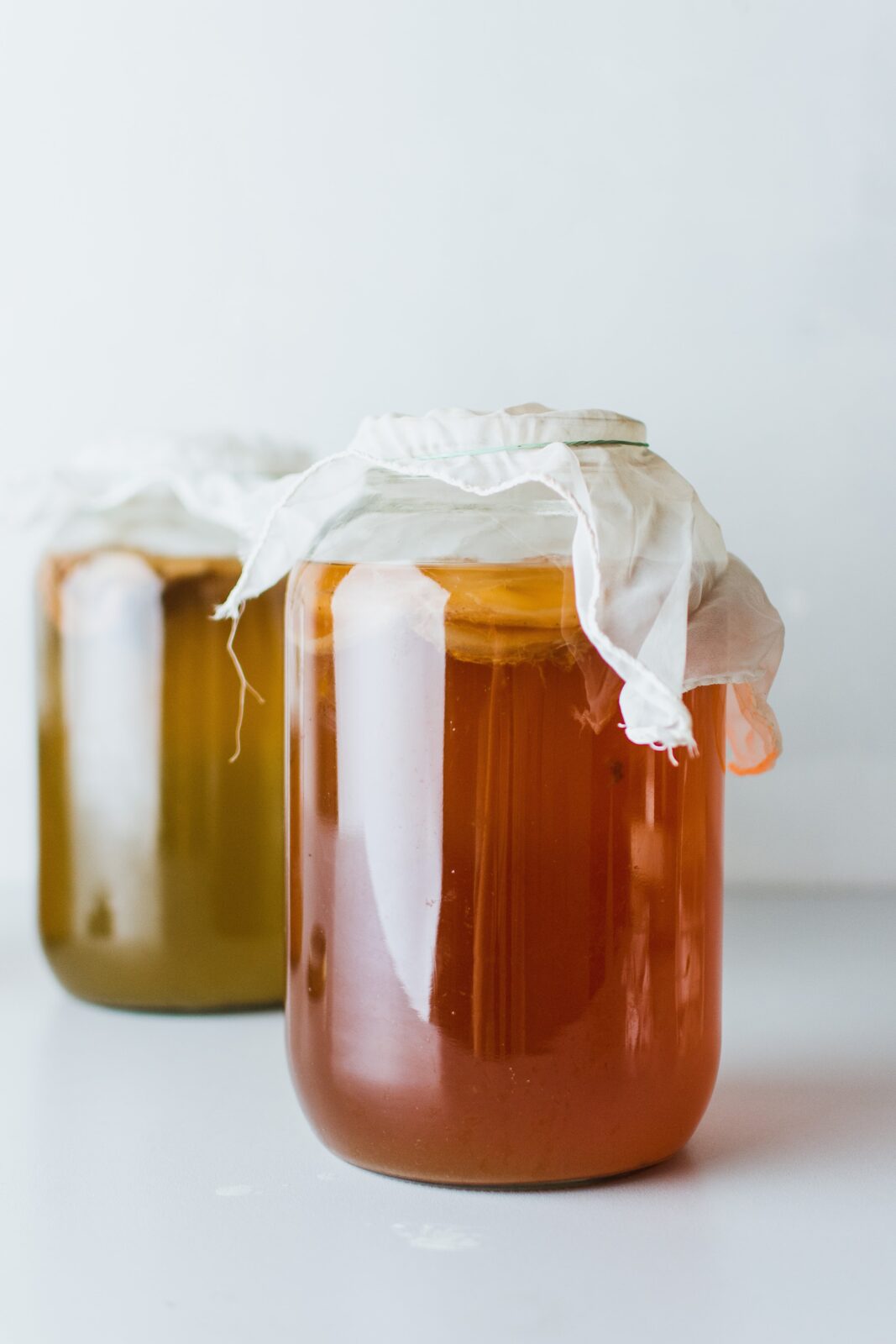
Kombucha
This is one of my all-time favorite healthy beverages. It is sweet, a naturally bubbly fermented tea loaded with beautiful probiotics, and rich in other nutrients. I love to brew my own kombucha (and will work on a brewing guide soon), but it is also not above me to buy some occasionally.
Wine, Beer, and Other Alcohol
I am not a huge drinker, but I will have the occasional glass of sulfate-free or no added sulfate wine or hard kombucha. Because alcohol impedes your sleep quality and decreases stomach acid and immune function, I personally tend to stay clear of it for health reasons. When choosing alcohol, I recommend looking for organic brands with the highest quality and purest ingredients.
I have loved Flying Embers hard kombucha as an occasional afternoon beverage around the grill.
Water
I mostly drink water (with added minerals) each day, as I prefer the taste and simplicity. As a nutritionist, I recommend drinking half your body weight in ounces daily. Ensure that the water you drink most often is free of chemicals such as chlorine, bleach, and fluoride. Sadly, many chemicals added to our water systems harm our health and bodies. Therefore it is imperative to make sure that you drink clean, filtered water.
If you have a problem with how water tastes, consider infusing your water with lemon, mint, cucumbers, strawberries, or any other plant you enjoy.
Smoothies
This is one of my favorite ways to get in a ton of nutrients simultaneously. It is a summer favorite when warm beverages don’t always sound good. Smoothies have become so popular over the last couple of years. Still, the problem is that when crafted incorrectly, you consume a sugar-loaded and blood-sugar exploding drink that will leave you tired, hungry, and grumpy. Therefore it is essential to cover the primary macronutrients (fat, protein, and carbohydrate) appropriately. You can download my smoothie-making guide here.
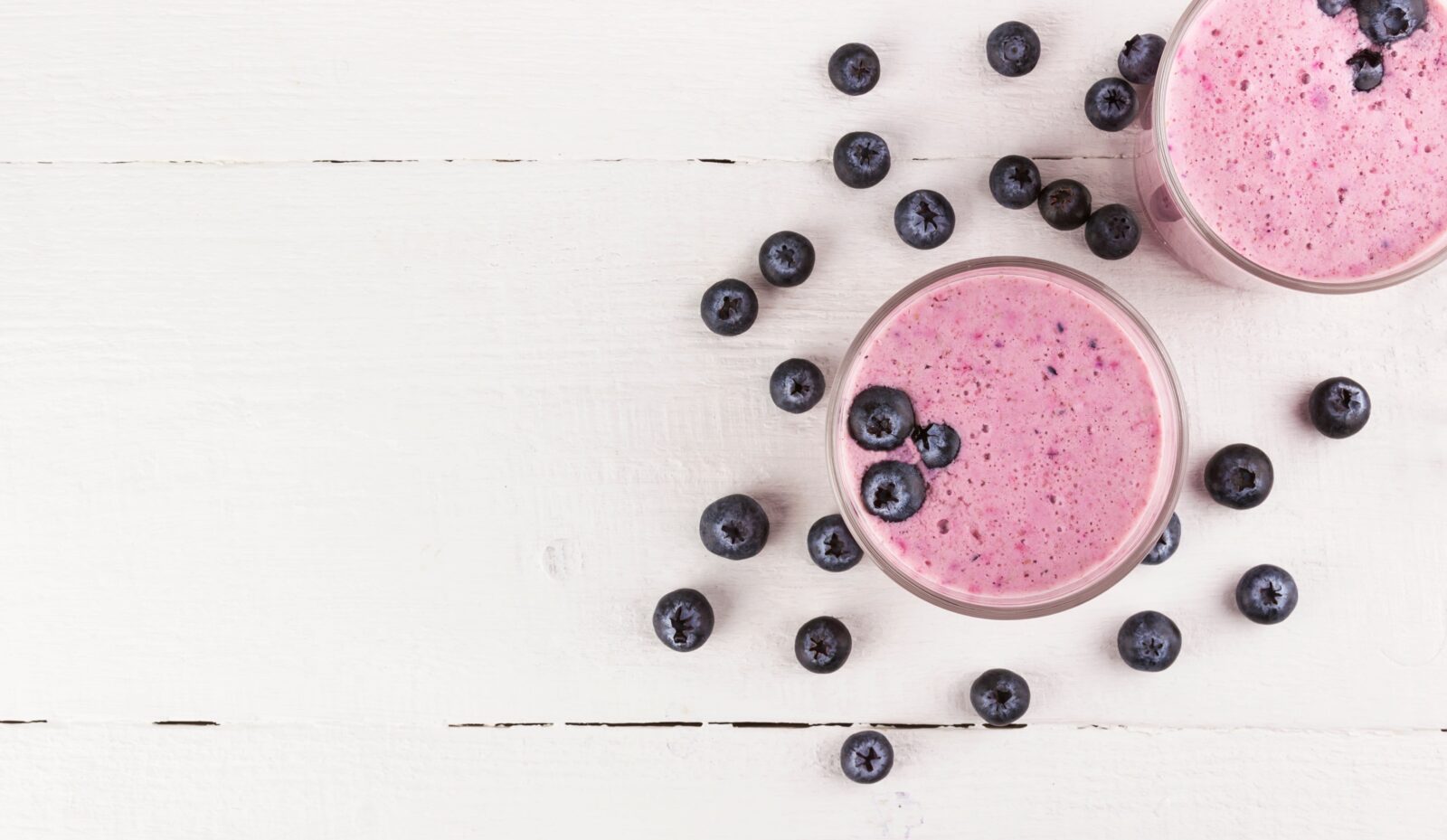
Teas
Sadly most ready-made teas are filled with preservatives, additives, and added sugar. So, it is best to make your own tea (hot or ice) at home; that way, you know what is in your tasty drink. There is a ton of excellent organic teas out there.
Some of my favorites include:
- jasmine green tea
- earl grey
- hibiscus
- sacred lily oolang
- mint green tea
- breakfast black tea
- other loose-leaf herbal teas
Coffee and Coffee Creamers
The first thing most of us grab in the morning to start our day is a hot beverage – for most people; this is in the form of coffee with a splash of chemically-processed coffee creamer. Good quality organic coffee is not inherently bad. Still, consuming your coffee after a nutrient-dense breakfast is generally best. Especially if you suffer from any adrenal, thyroid, or hormone dysfunction. Moreover, it is also a great idea to pick an organic coffee or try organic loose-leaf teas so you don’t drink extra pesticides and chemicals first thing in the morning. When I am in the mood for a whipped coffee, I love this mushroom coffee for a little extra nutrient punch.
I am not a fan of coffee creamers because they are very processed with loads of added artificial sugar. Always read the labels so you know what you are consuming. You can whip up homemade coffee creamer in minutes; the added bonus is knowing the exact ingredients.

Milk (Cow-, Nut-, and Coconut Milk)
Cows milk (and dairy in general) has gotten a bad reputation recently. We, of course, want to stay away from factory-farmed and processed dairy. Pasteurized and homogenized dairy is actually a form of processed food. Furthermore, synthetic vitamins such as vitamins A and D are added back into the milk because they are destroyed during the processing. Conventional milk (and other dairy products) causes inflammation and should not be a part of a nourishing diet. But raw milk, and heavy cream, on the other hand, can be part of a very nutritious diet. It is also important to note that if you have a documented dairy allergy, it is obviously best to avoid it.
Please note that milk and nut “milk” is not the same thing and that the nutrient profiles can’t even be compared. Raw dairy will always be superior – so if you are simply avoiding it because you have been told it is “unhealthy,” I want to encourage you not to be afraid and to lean into the beautiful nutrient profile called raw milk.
If dairy is a problem for you, coconut milk is an alternative. Always read your labels, as some companies add fillers, thickeners, preservatives, and sweeteners to their products.
I no longer recommend any store-brand nuts milk as they contain many artificial ingredients. If you must have nut milk, I recommend making it at home to control all the ingredients.
As you can see, a healthy lifestyle doesn’t have to be boring or lacking. There are many options to upgrade all your favorite drinks into healthy beverages to support a healthy and happy lifestyle.
Read more: “Simple Steps To Navigate The Grocery Store.”
Disclaimer: This post is not intended to provide medical advice, diagnosis, or treatment and is for educational purposes only
Coupons Codes For Savings
Use code “NURTUREMEWILD” at checkout to save 15% off your first order at Crucial Four!
*****
Use code “NURTUREMEWILD” at checkout to save 10% off your first order at Live Pristine!
*****
Use this link to save $20 on your first order at Purity Coffee!
*****
To order bulk organic and sustainably harvested herbs, spices, and loose-leaf teas, visit Mountain Rose Herbs!
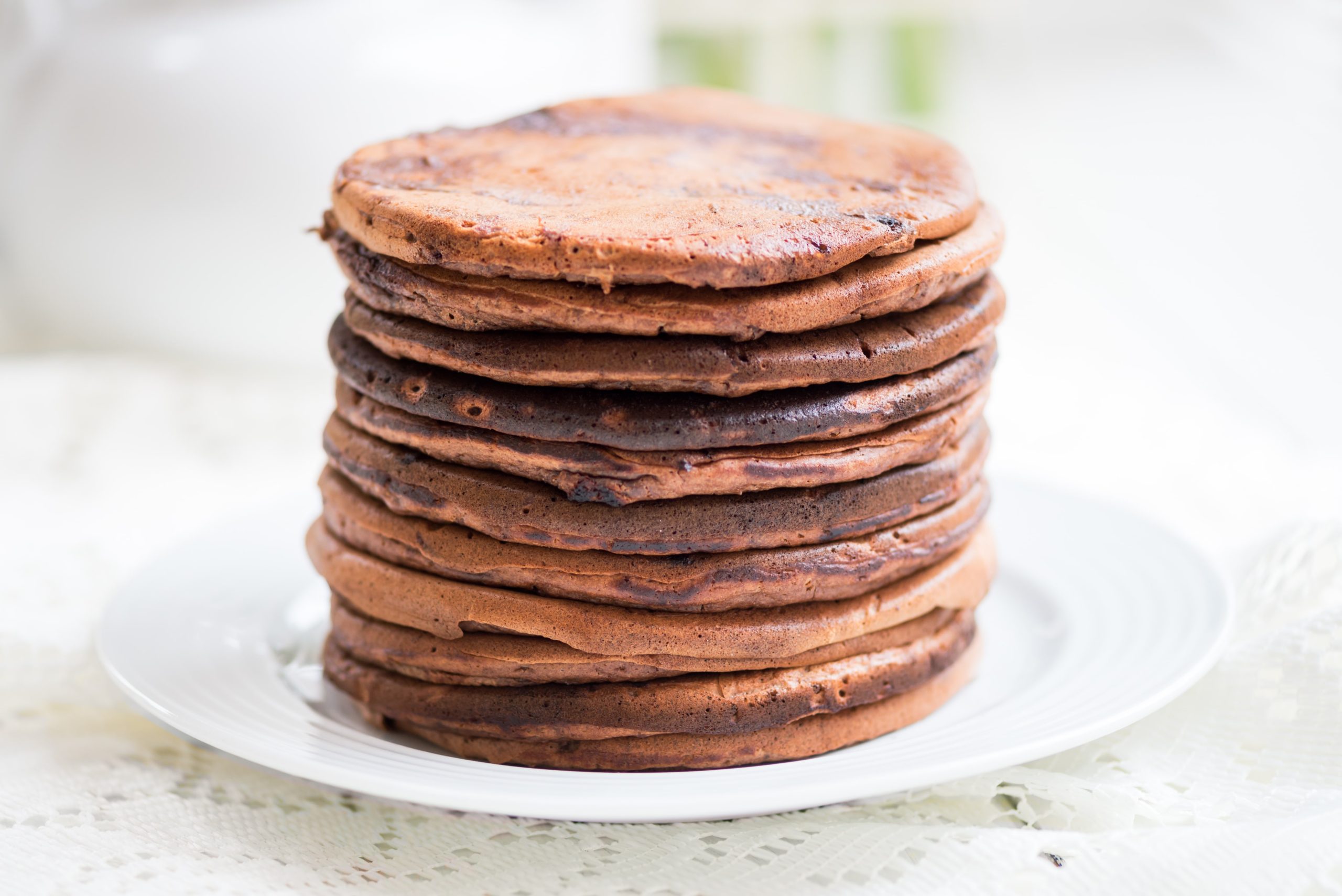

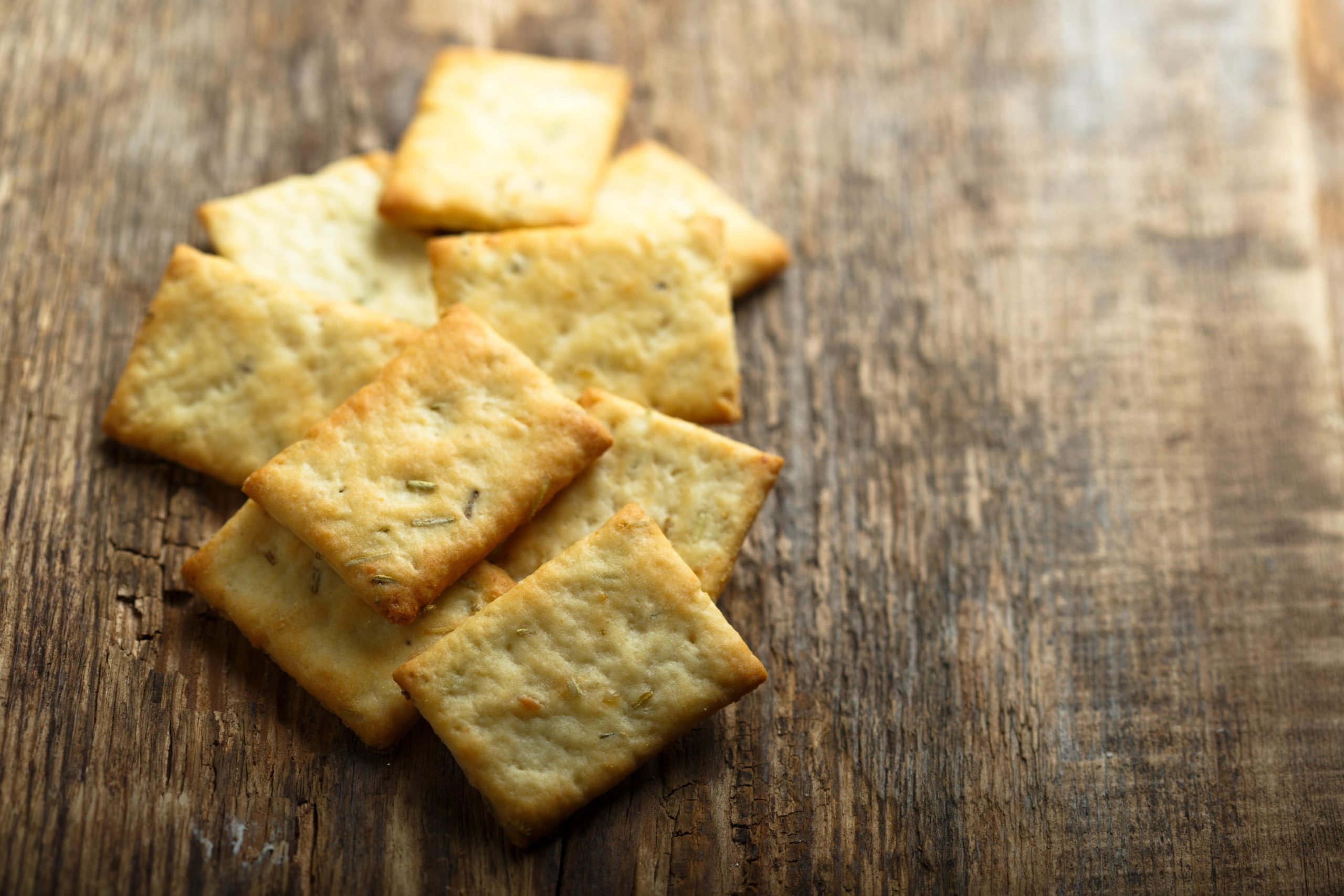
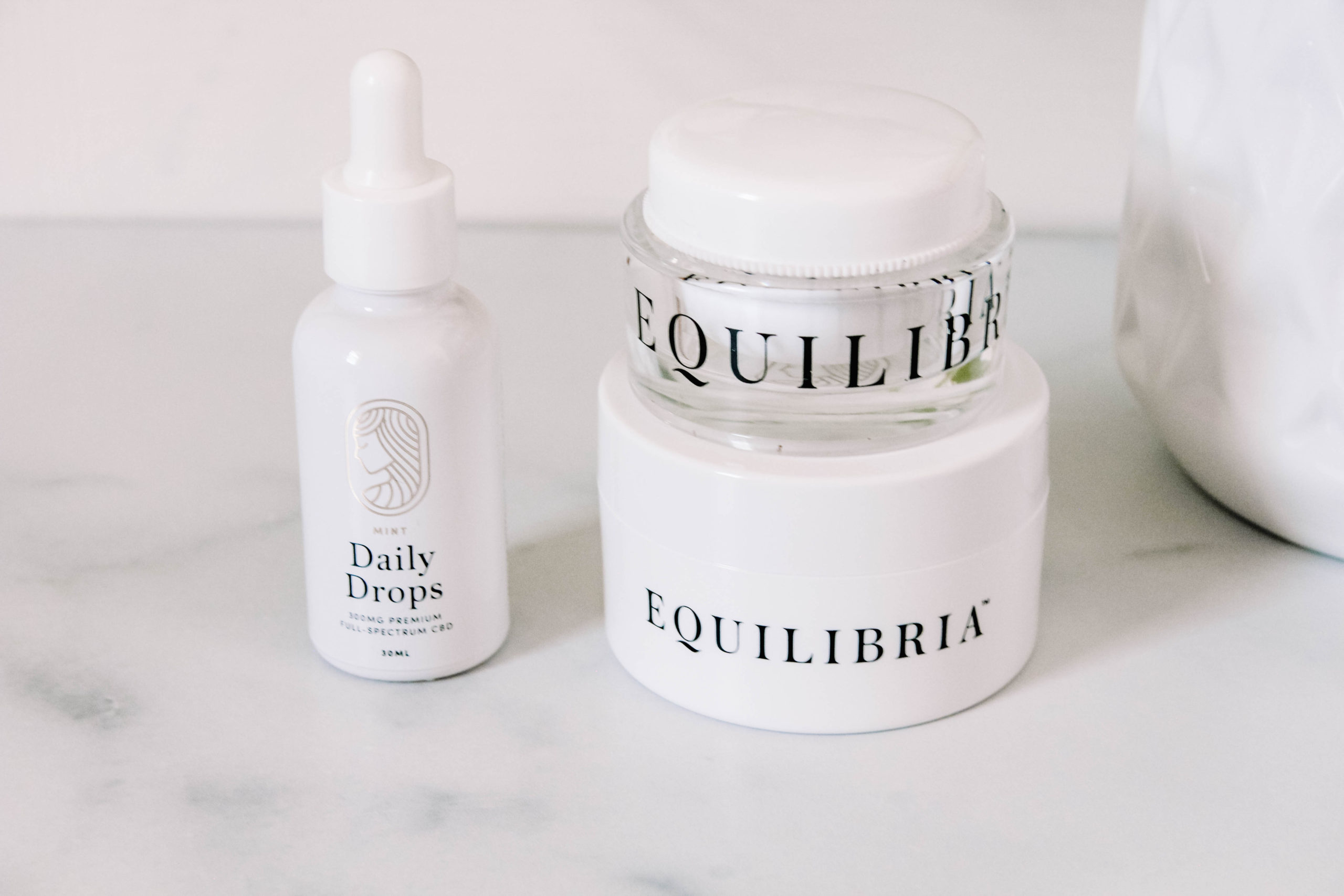
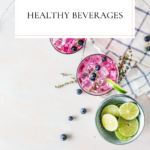
+ view comments